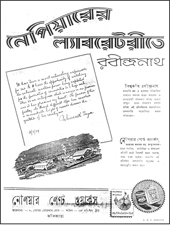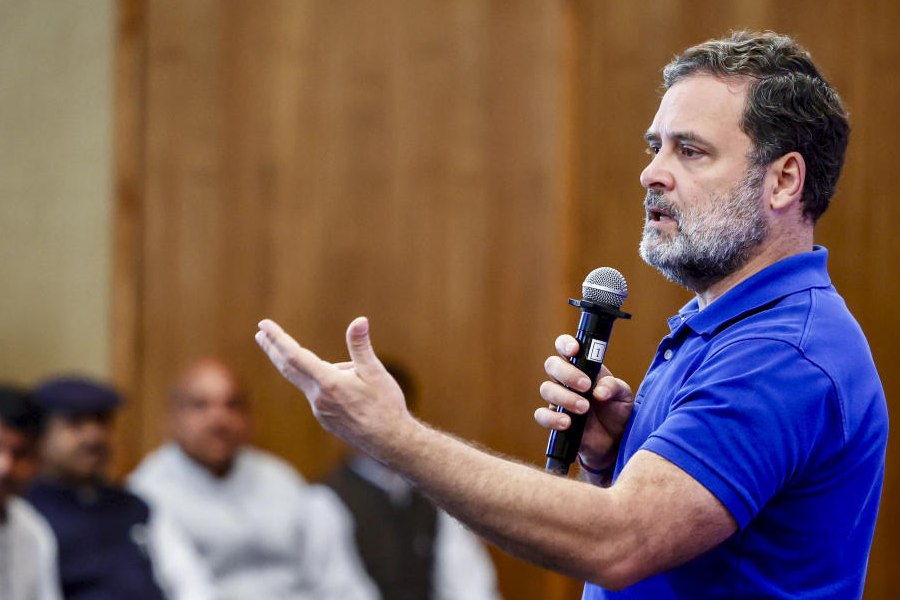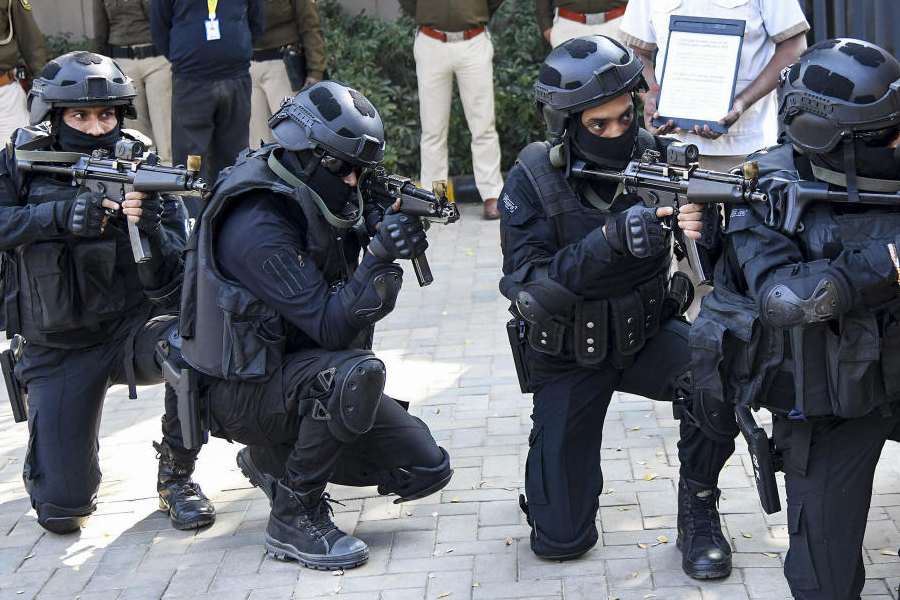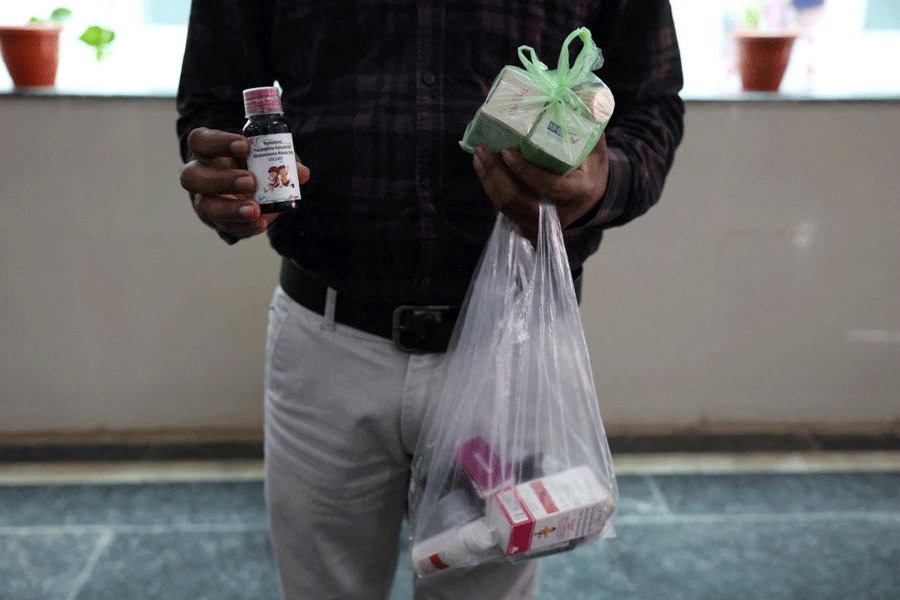 |
| An endorsement of Napier’s Paint. Picture by S. Ghosh |
Today begins the celebration of Rabindranath’s 150th year and the poet is everywhere. His face adorns even an ad for ringtones. But in his lifetime, too, Tagore was a man much featured in advertisements. The poet, when he was alive, was as popular in Bengali advertisement as Shah Rukh Khan is to Indian ads today. The similarity ends there.
The poet is estimated to have featured in more than a hundred advertisements. Arunkumar Roy, who is researching Tagore in advertisements, says that going through publications between 1889 and 1941, the year of Tagore’s death, he came across about 90 such advertisements. From ghee to skin creams to sweets to harmoniums, Tagore endorsed a wide range of products. Advertisers used his celebrity the way they use that of film actors and cricketers now, says Roy, who edits Purasree, the monthly magazine of the Calcutta Municipal Corporation.
There would, of course, be several factors that would distinguish a Tagore ad. For one, he is not known to have charged in crores or their equivalent amount a century ago; two, he endorsed a product to often push the nationalist agenda; three, though the ads were tiny pieces of work, they would often hint at the power Tagore had over words. They were laconic, often almost matter-of-fact, but a wry sense of humour could break through them.
In the well-known ad for Jalajoga, Tagore says: “I tasted the sweetmeat prepared by Jalajoga. It is satisfying. It has a distinct taste, which is why it is to be appreciated. The curd (dadhi) that was served with it deserves special praise.” Jalajoga is not famous for its sweets any more. It is known for its cakes, if at all.
The nationalist agenda surfaces in the ad for Radium Cream, which does not survive, or Sri Ghrita, one Bengali institution that does survive. About Sri Ghrita, Tagore says: “With the decline in the standard of ghee in Bengal, the decline in the condition of livers has become inevitable. I wish that Sri Ghrita drives away this malady and helps Bengalis lead a better life.” About Radium Cream, he says: “Those who use beauty products like snow and cream or eau de cologne, on using the products manufactured by the Radium factory will find no difference between them and foreign products” and encouraging this “swadeshi enterprise” was a “duty”.
Tagore had also endorsed Napier’s Paint Works (“The founder of this factory who through difficult steps has reached a remarkable height of success deserves the gratitude of his countrymen”), a young artiste from Senola Records, paper merchants Bholanath Dutt & Sons Ltd (“Sjt. Bholanath Dutt should inspire our unemployed youngmen with hope and courage”) and Dwarkin’s Harmonium. Of these the record company is extinct, the paper business is almost extinct and Dwarkin’s Harmonium has had to face some music.
Tagore had also written a tribute to Haren Ghosh after his death. Ghosh was an impresario whose office was at 8 Dharamtala Street.
Rabindranath was not alone. He was the most popular choice when it came to promoting a product. The use of his name was unparalleled in advertisements, says Roy. With Tagore, Acharya Prafulla Chandra Roy and Netaji Subhas Chandra Bose were popular choices too.
The ads occurred most frequently in magazines and journals such as Probasi, Basumati, Calcutta Municipal Gazette, Bhandar, Shonibarer Chithi, Sadhana, Tattvabodhini Patrika, etc., and in the newspapers Anandabazar Patrika, Amritabazar Patrika, The Statesman and Advance. Among newspapers, the largest number of advertisements appeared in Anandabazar Patrika.
Roy says that Tagore’s presence in advertisements is one aspect of his life and works that has not been discussed and hopes for further research in this area.
 |










